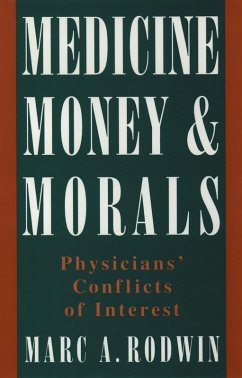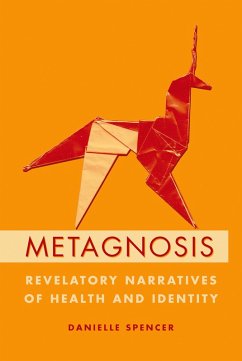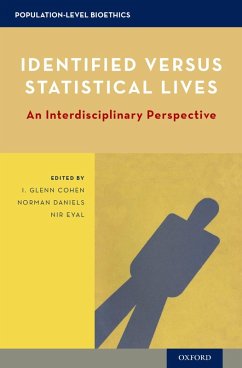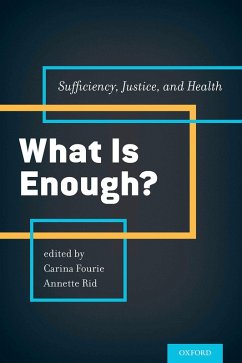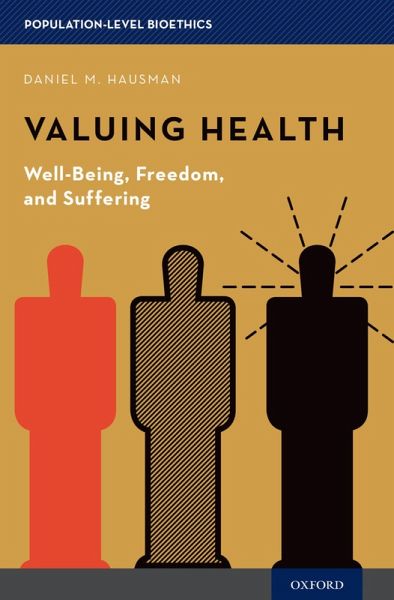
Valuing Health (eBook, PDF)
Well-Being, Freedom, and Suffering
Versandkostenfrei!
Sofort per Download lieferbar
37,95 €
inkl. MwSt.
Weitere Ausgaben:

PAYBACK Punkte
19 °P sammeln!
In Valuing Health Daniel M. Hausman provides a philosophically sophisticated overview of generic health measurement that suggests improvements in standard methods and proposes a radical alternative. He shows how to avoid relying on surveys and instead evaluate health states directly. Hausman goes on to tackle the deep problems of evaluation, offering an account of fundamental evaluation that does not presuppose the assignment of values to the properties and consequences of alternatives. After discussing the purposes of generic health measurement, Hausman defends a naturalistic concept of healt...
In Valuing Health Daniel M. Hausman provides a philosophically sophisticated overview of generic health measurement that suggests improvements in standard methods and proposes a radical alternative. He shows how to avoid relying on surveys and instead evaluate health states directly. Hausman goes on to tackle the deep problems of evaluation, offering an account of fundamental evaluation that does not presuppose the assignment of values to the properties and consequences of alternatives. After discussing the purposes of generic health measurement, Hausman defends a naturalistic concept of health and its relations to measures such as quality-adjusted life-years (QALYs) and disability-adjusted life years (DALYs). In examining current health-measurement systems, Valuing Health clarifies their value commitments and the objections to relying on preference surveys to assign values to health states. Relying on an interpretation of liberal political philosophy, Hausman argues that the public value of health states should be understood in terms of the activity limits and suffering that health states impose. Hausman also addresses the moral conundrums that arise when policy-makers attempt to employ the values of health states to estimate the health benefits of alternative policies and to adopt the most cost-effective. He concludes with a general discussion of the difficulties of combining consequentialist and non-consequentialist moral considerations in policy-making.
Dieser Download kann aus rechtlichen Gründen nur mit Rechnungsadresse in A, B, BG, CY, CZ, D, DK, EW, E, FIN, F, GR, HR, H, IRL, I, LT, L, LR, M, NL, PL, P, R, S, SLO, SK ausgeliefert werden.





